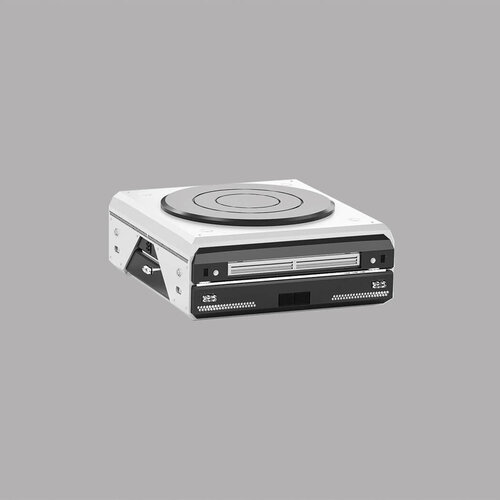As e-commerce solutions explode, logistics real estate is becoming increasingly important. Integrated logistics design by in-house logisticians for efficient internal processes is becoming increasingly important. Flex hubs are also on the rise. More and more companies are switching to digital solutions for their logistics and supply chains under the banner of "digital logistics". Drees & Sommer advises numerous industrial players, transport companies, parcel companies and trade logisticians. We provide them with extensive know-how in the field of logistics and real estate as well as in-depth expertise in related areas.
Drees & Sommer provides advice to industrial companies, parcel delivery companies and trade logistics specialists. We offer them our extensive know-how in the field of logistics and real estate as well as our in-depth expertise in related areas. We develop logistics real estate for our clients. We meet their requirements in terms of mixed use, size and storage capacity, and offer technological solutions for planning and processes. We support our clients in their digital transition strategy and in automation solutions to ensure the best possible competitiveness.
Solutions for the Logistics sector
We design future-proof logistics facilities for our customers that take all customer-specific requirements into consideration: mix of uses, location and size, as well as technology, fitout and processes. The digitization strategy and automation solutions we deliver give our customers a substantial competitive edge.

A major trend is to think differently about priorities and to look for unconventional solutions, for example for the time-consuming and costly "last mile" to the customer. Help can be found through urban hubs, small decentralised logistics areas: they can be located in the upper floors of shopping centres, in vacant areas of commercial buildings or stadiums or in unused car parks. An urban hub offers services with specific added value. It can allow goods to arrive and depart seven days a week, 24 hours a day, and guarantee short delivery times. They can also offer deliveries and contribute to traffic reduction.
Urban hubs have to take into account the needs of different actors: online retailers and their customers, parcel companies, developers and public operators. Too often this diversity is ignored, leading to wasted potential. The urban hub provides a concrete element in the way of thinking globally about logistics on the scale of a district or an entire city.
Existing and future logistics centres still have their legitimacy, provided they integrate a sustainable and digital dimension. For example, automation reduces the need for lighting, heating and therefore energy. This significantly reduces CO2 emissions. The optimisation of material flows and the reduction of lead times also contribute to a reduction in emissions. The logistics property of the future is therefore based on a modular construction. It is flexible, completely digital and emission-neutral.